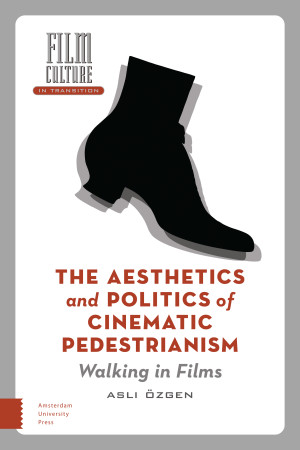The Aesthetics and Politics of Cinematic Pedestrianism: Walking in Films offers a rich exploration of the cinematic aesthetics that filmmakers devised to reflect the corporeal and affective experience of walking in the city. Drawing from literature in urban studies, film theory, and aesthetic philosophy, it is the first monograph to approach the history of cinema from the perspective of walking. A series of case studies providing nuanced analyses of widely referenced figures, such as the flaneur/flâneuse, vagabond, and nomad, reveal how filmmakers articulated their objection to repressive structures through depictions of walking: a common, everyday act yet transgressive, bold, and indomitable. Through the lens of Henri Lefebvre’s theory of space, Michel de Certeau’s concept of pedestrian acts, and Jacques Rancière’s treatment of the politics of aesthetics, Walking in Films traces how cinema evolved in conversation with the mobile body and the new images, styles, and techniques that emerged with it.

